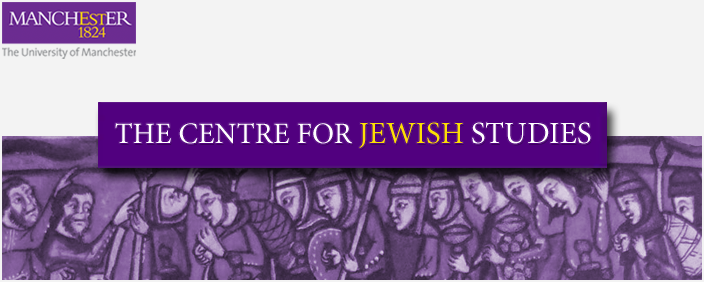8. Establishment Zionism and ITO
 By no means did Weizmann’s arrival in Manchester eclipse the activities of the old elites. The Kishenev pogroms of April 1903 had sparked a debate within the world Zionist movement about whether or not the solution to the problem of Jewish persecution was to settle Jews somewhere other than Palestine. On 30 April 1905, a meeting was organised in Manchester by Belisha and Laski for the serious consideration of the British government’s offer of an area of East Africa as a Jewish homeland. Weizmann, who was present, argued that
By no means did Weizmann’s arrival in Manchester eclipse the activities of the old elites. The Kishenev pogroms of April 1903 had sparked a debate within the world Zionist movement about whether or not the solution to the problem of Jewish persecution was to settle Jews somewhere other than Palestine. On 30 April 1905, a meeting was organised in Manchester by Belisha and Laski for the serious consideration of the British government’s offer of an area of East Africa as a Jewish homeland. Weizmann, who was present, argued that
"their enterprises were doomed in advance, as they know neither the people nor their needs. The ‘poor Jews of the East’, having waited 2000 years for Laski and Belisha to call a meeting to render aid, will go on waiting without being unduly bothered by the resolutions adopted at the session."
 Nevertheless, following the Seventh Zionist Congress (July 1905) at which "Uganda" was rejected, the author and Zionist Israel Zangwill founded an alternative organisation called the Jewish Territorial Organisation (ITO), and a Manchester branch was established. The local ITO was formally inaugurated in October, with communal leaders including Belisha and Laski taking leading roles. By December 1905 the well-organised society claimed a membership of over 500 and, in 1906, even established a special branch for Yiddish speakers. And this was by no means the only effort made by the elite to regain their prestige.
Nevertheless, following the Seventh Zionist Congress (July 1905) at which "Uganda" was rejected, the author and Zionist Israel Zangwill founded an alternative organisation called the Jewish Territorial Organisation (ITO), and a Manchester branch was established. The local ITO was formally inaugurated in October, with communal leaders including Belisha and Laski taking leading roles. By December 1905 the well-organised society claimed a membership of over 500 and, in 1906, even established a special branch for Yiddish speakers. And this was by no means the only effort made by the elite to regain their prestige.
Despite the fact that the old guard had understood the mistake they had made in the past in neglecting the interests of the East Europeans, times had changed. The opportunities provided by the Zionist movement for new immigrants together with the gradual growth in Weizmann’s influence meant that the elite were never again to dominate with regard to Zionist affairs in Manchester.
Local report of the seventh Zionist Congress (Zionist Banner, Sept 1905)
__________________________
IMAGE AND DOCUMENT CREDITS: Nathan Laski (M Dobkin, More Tales of Manchester Jewry), Israel Zangwill (HM Blumberg, Weizmann; his Life and Times) Full reference: Sources.



